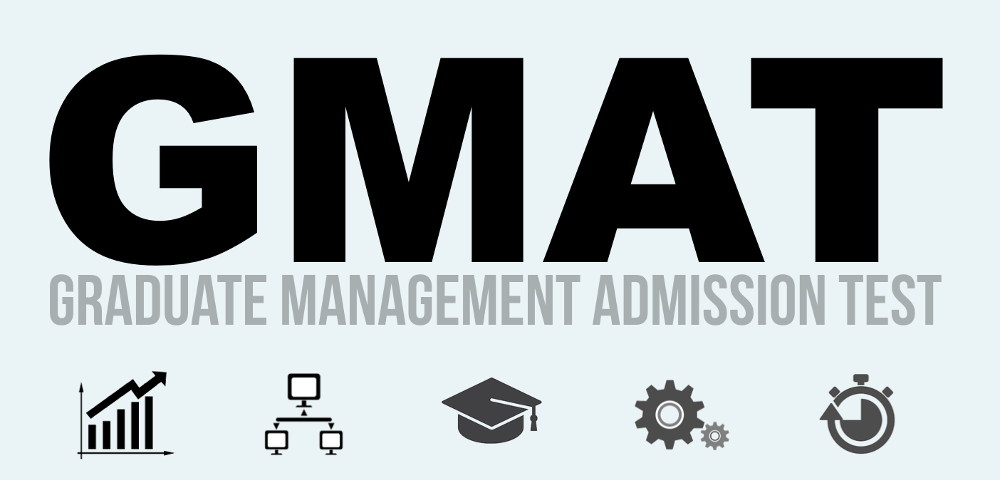What is Executive Assessment Exam?
For Executive MBA, GMAC has recently introduced a new Mini GMAT called Executive Assessment exam. This exam is specially designed for EMBA applicants and is of considerably shorter duration. It is meant to test analytical and logical thinking of the applicant, which is more suited for the Executive MBA course.
The Graduate Management Admission Council has shortened the GMAT exam by 30 minutes which will be effective from 16 April, 2018. The new exam will be of 3 hours and 30 minutes including test instructions and breaks. The Verbal Reasoning and Quantitative sections are shortened by 13 and 10 minutes respectively. The Integrated Reasoning and Analytical Writing Assessment along with the Score Preview and the optional break time will remain same. These changes will not have any impact on scoring in the shortened Verbal Reasoning and Quantitative sections as only the unscored items have been removed by the GMAC.
GMAT Fees:
The application fee for GMAT is $250, which would roughly translate to Rs 15,000-16,000 approximately. Also, if the applicants want to change the center or reschedule the test then they will be charged $50 extra.
GMAT Registration:
Registration for GMAT can be done throughout the year, however, it is always advisable that candidates should frame a strategy and timeline for preparation before registering for the examination. The candidates can register with GMAT in both online and offline mediums. More than 2,00,000 candidates appear for the exam every year.
GMAT Eligibility Criteria:
As such, there is no set eligibility criteria set by GMAC, the body conducting GMAT for appearing for the GMAT exam. However, one should always meet the eligibility criteria set by the university/college one aspires to get into after giving the GMAT.
Age Criteria:
• The must have completed 18 years of age
• There is no upper age limit of the candidate
• If the candidate is between 13 to 17 years old, they should have permission in writing from their parents or legal guardian
Qualification Required:
• GMAC has not announced any official statement regarding qualification required to appear for GMAT
• Candidates who wish to enroll for MBA programme should posses a graduate degree in any discipline from a recognised university








